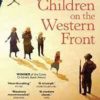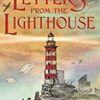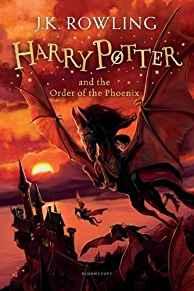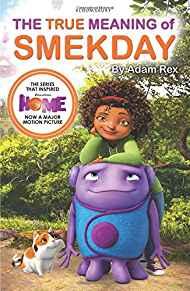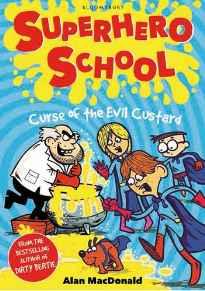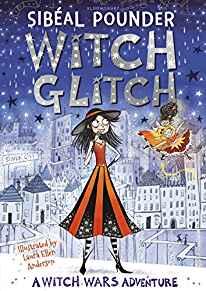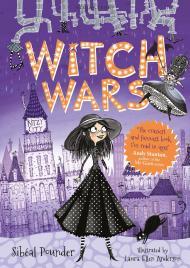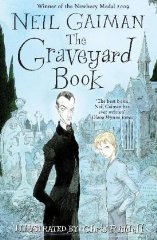Foster
Author: Keegan, Claire
Reading Age: Adult
Publisher: Faber & Faber
Illustrator: n/a
ISBN-13: 9780571255658
Number of pages: 96
A small girl is sent to live with foster parents on a farm in rural Ireland, without knowing when she will return home. In the strangers’ house, she finds a warmth and affection she has not k... Read more
€10.50 Original price was: €10.50.€9.99Current price is: €9.99.
In stock online

A small girl is sent to live with foster parents on a farm in rural Ireland, without knowing when she will return home. In the strangers’ house, she finds a warmth and affection she has not known before and slowly begins to blossom in their care. And then a secret is revealed and suddenly, she realizes how fragile her idyll is.
Winner of the Davy Byrnes Memorial Prize, Foster is now published in a revised and expanded version. Beautiful, sad and eerie, it is a story of astonishing emotional depth, showcasing Claire Keegan’s great accomplishment and talent.
Review
Foster confirms Claire Keegan’s talent. She creates luminous effects with spare material, so every line seems to be a lesson in the perfect deployment of both style and emotion (Hilary Mantel)
A masterly combination of things pregnant and poised, frozen and in flux. (Stephanie Cross Times Literary Supplement)
Foster is a thing of finely honed beauty and cumulative power, a story that deals in suggestion, exactitude and telling detail. It has the sure-footedness of great short story writing and a sense of confidence in the sparseness of the form that extends from the writer to the reader, allowing all that is not said to hold sway on the imagination. (Sean O’Hagan Observer)
Keegan has mastered a style that echoes Seamus Heaney’s early poetry and the stories of William Trevor, but which has grown more enclosed and lyrical with each book. The dark humour of the early work has given way to a lush melancholy that has found its perfect length at 88 pages. (Sameer Rahim Daily Telegraph)
A great short story says more than a novel; the genius of the finest short stories lies in what is left unsaid. The feel for the form of the Wicklow-born writer Claire Keegan is as unwavering as if she had first begun to sing opera in the mountains without ever having a music lesson. Her subversive stories are written with the sureness of touch possessed by only the most natural of musicians. The influences of her masters, William Trevor, John McGahern and, most intriguingly, Michael McLaverty, are evident, yet her stately, rhythmic prose, and its physicality, detached tone and assurance, are all her own … Foster , Keegan’s winning entry for last year’s Davy Byrnes Irish Writing Award, is a haunting, crafted narrative making superb use of the first-person voice and of an urgent present tense. It has beauty, harshness, menace and the spine of steel worthy of high art … There is no disputing that the greater the writing, the more may be confidently left unsaid. Keegan is a realist who has mastered describing the chaos of feeling. Humanity at its most vulnerable fills the silences in Foster , an unsentimental story that triumphs through a subtle ambivalence that stalks and shapes the emerging emotional intelligence of the narrator. Where does the Irish short story stand in the slipstream of frenetic suburbanisation? How has it been affected by social change? Does McGahern’s influence endure? How important is the sustaining of a tradition? Does emotional power invariably outgun stylistic innovation and experimentation? Exactly how good is Claire Keegan? This wonderful story, as daring today as were the stories of Edna O’Brien on publication, goes a long way towards answering all of those questions. (Eileen Battersby Irish Times)
Imagine our glee, then, when we got a copy of the new book from one of our favourite Irish writers – the insanely talented short story wizard Claire Keegan … Keegan has stuck with her guns and written purely and simply and staggeringly well about yet more rural Irish life … Keegan’s writing always resists tricksiness and innovation, but it is the absolute, unquestionable real deal: everything about her storytelling rings dazzlingly true at all times … Foster will captivate you and then it will squish your heart. That’s worth way more than ┬ú6.99. (Stuart Hammond Dazed and Confused)
Keegan’s lyrical novella was originally a New Yorker

